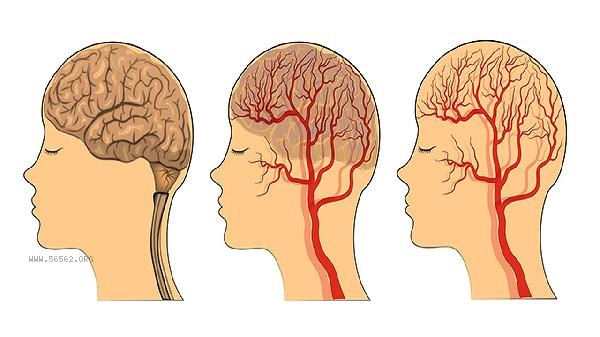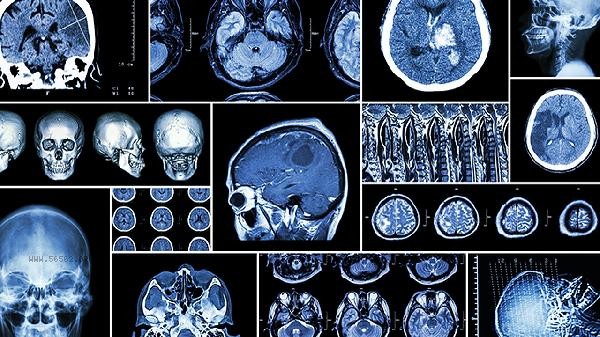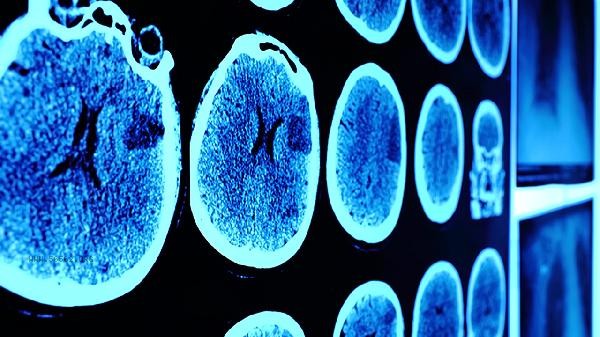The logical thinking functional area of the brain is mainly located in the prefrontal cortex, especially the dorsolateral prefrontal cortex and ventrolateral prefrontal cortex. Logical thinking involves the collaborative work of multiple brain regions, including the parietal lobe, temporal lobe, and basal ganglia.

1. prefrontal cortex
The prefrontal cortex is the core area of logical thinking, responsible for advanced cognitive functions. The dorsolateral prefrontal cortex is involved in working memory and problem-solving, while the ventrolateral prefrontal cortex is associated with rule learning and decision-making. Frontal lobe injury may lead to decreased planning ability and abstract thinking disorders.
2. Top Leaf Region
The top leaf, especially the upper top leaf, participates in spatial reasoning and mathematical operations. This area helps integrate visual spatial information and plays an important role in geometric proofs and logical reasoning. Top leaf damage may affect the ability to understand complex relationships.
3. Temporal lobe cortex
The temporal lobe is closely related to language comprehension and concept formation. The left temporal lobe is responsible for semantic processing and helps understand the relationship between premises and conclusions in logical reasoning. Temporal lobe injury may lead to logical language expression disorders.

4. Basal ganglia
The basal ganglia are involved in programmed learning and habit formation. Assist in automating simple reasoning processes in logical thinking, freeing up prefrontal resources to handle complex problems. Parkinson's disease patients often exhibit slowed logical thinking speed.
5. Whole Brain Neural Network
Logical thinking relies on the dynamic interaction between default mode networks and executive control networks. The triangular circuit formed by the prefrontal parietal temporal lobe supports abstract reasoning, while the white matter fiber bundles ensure the efficiency of information transmission in various brain regions. Maintaining logical thinking ability requires comprehensive maintenance of brain health. Regular aerobic exercise can promote blood flow in the frontal lobe, Omega-3 fatty acids help repair nerve cell membranes, and mindfulness meditation can enhance default mode network function. It is recommended to engage in cognitive training such as Sudoku and board games every week, while ensuring sufficient sleep to strengthen neural connections. If there is persistent logical thinking disorder, seek medical attention as soon as possible to rule out the possibility of organic lesions in the nervous system.








Comments (0)
Leave a Comment
No comments yet
Be the first to share your thoughts!